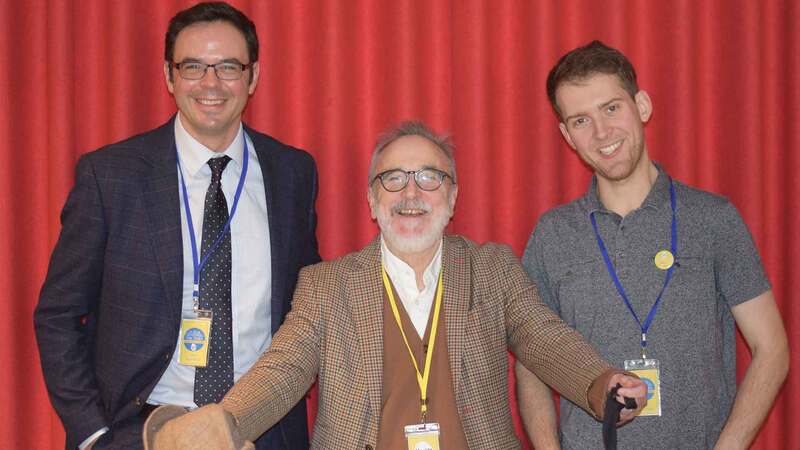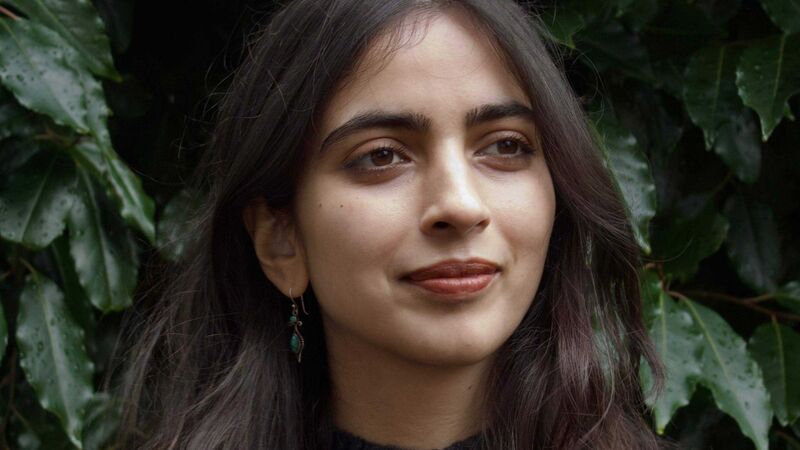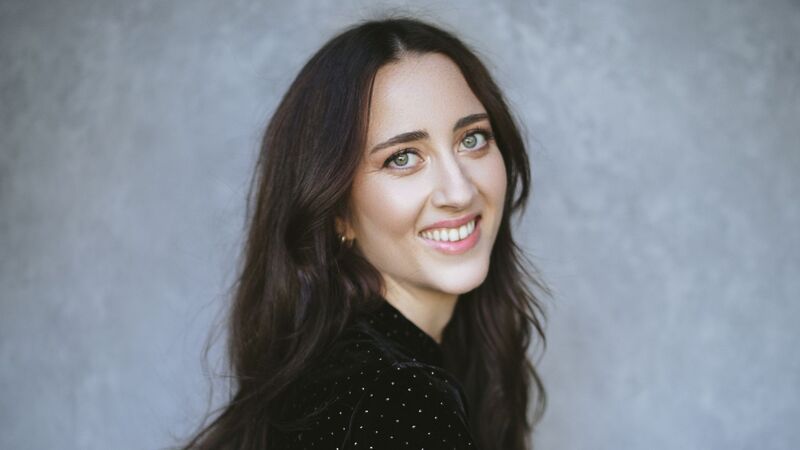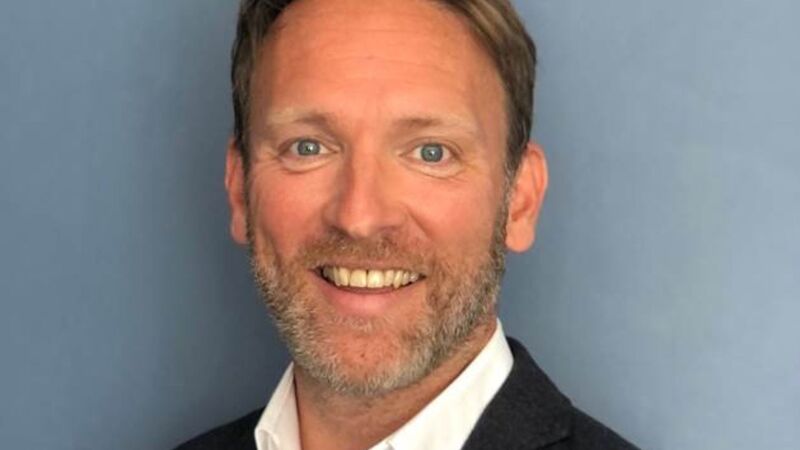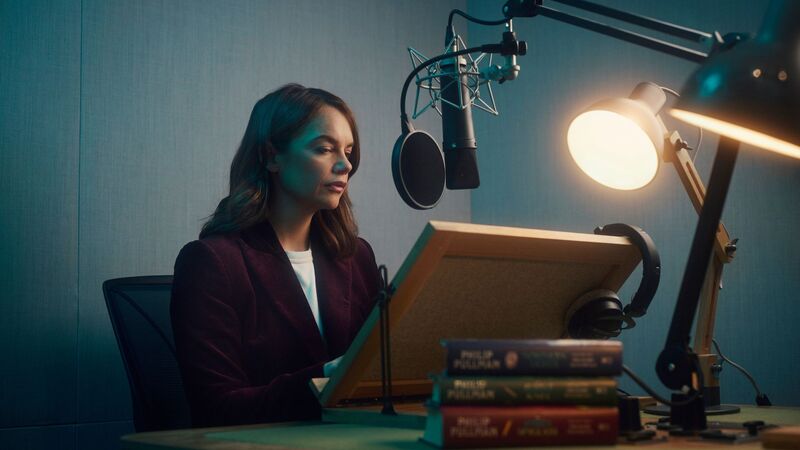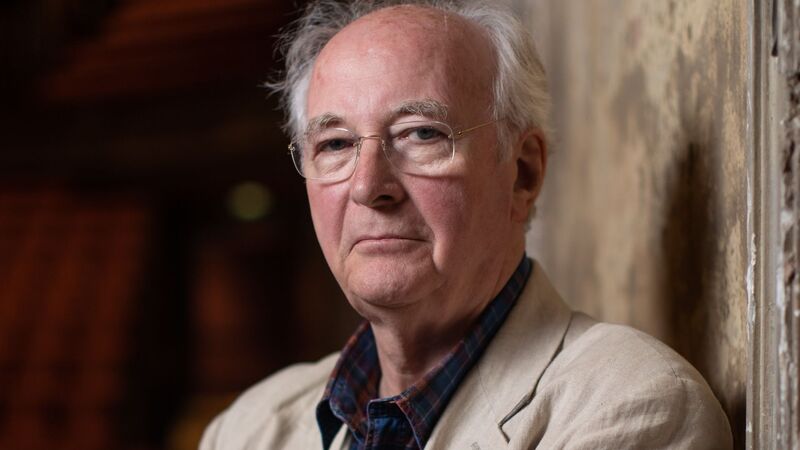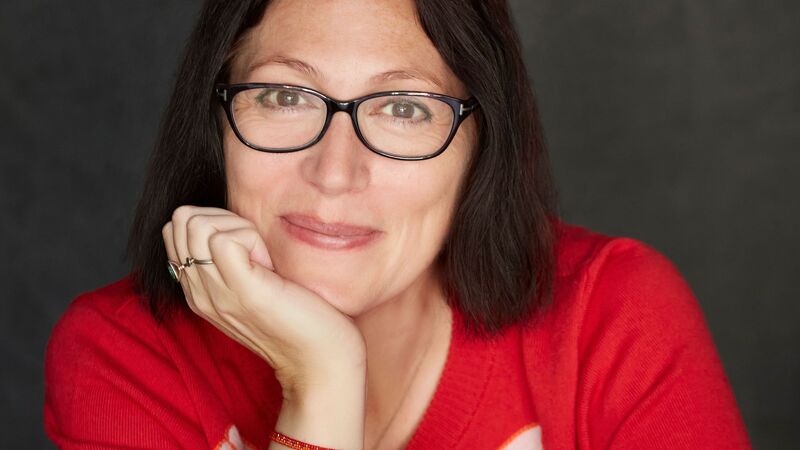You are viewing your 1 free article this month. Login to read more articles.
Pullman, Cassidy and Ardagh voice concern over arts GCSE take-up
Authors including Philip Pullman and Cathy Cassidy have responded to figures which suggest a “major” drop in the take-up of arts subjects at GCSE level, saying the discreditation of these subjects will do damage that will “last for generations”.
The figures, compiled by magazine Arts Professional and based on official statistics published by exam watchdog Ofqual, reveal that the decline in take-up of arts GCSE subjects which include art and design, media, music, drama and design and technology - has increased five-fold over the past year, with entries falling by 46,000 this year compared with a decline of 9,000 in 2015.
This fall in arts subjects coincides with a rise in young people studying English Baccalaureate (EBacc) subjects, the “more traditional” curriculum being encouraged by the government which does not include art, music or drama. While the total number of GCSE entries in all subjects this year has grown by 0.3%, over the same period exam entries for arts subjects have fallen by 8%.
Authors and arts industry professionals argue that the adoption of the EBacc as the key attainment measure is exacerbating a long-term trend away from creative subjects in schools. Cassidy (right) told The Bookseller: “The arts subjects have never been valued as much as they should. Traditionally seen as ‘soft’ subjects, they get trampled on by science, technology, engineering and maths. Every student is an individual with unique talents and potential, and we cannot channel everyone towards those STEM (science, technology, engineering and mathematics) subjects.
“In ten or twenty years, what will have happened to our thriving, cutting edge creative industries? Our film makers, our singer-songwriters, our musicians and fashion designers? Our actors, playwrights, animators, costume designers, dancers, choreographers? Who will write the novels, illustrate the picture books, make the art, challenge the status quo, break the rules, create the magic?" Cassidy asked.
She added: “Why are arts subjects being squeezed out more than ever now? Because the government now requires 90% of students to sit the EBacc exam which has a set curriculum, one which does not include art, music or drama. Teachers are working hard to provide this new exam curriculum and subjects which are not included are inevitably suffering. Many schools can no longer employ a music teacher or offer a drama course, and art is squeezed into an ever smaller space in the timetable. When a country’s government closes it eyes to the value of the arts, we are in big trouble, and the damage done will last for generations."
Author Philip Pullman (left) argued that the arts contributed to a "fuller and deeper understanding of the nature of the world", and said they were "as important as - and complementary in their nature to - all the sciences". He added that he was "strongly in favour of a large arts component in education".
"I have seen children who felt they were 'no good’ at academic subjects blossoming when they discover that they can write poems that move other people, or stories that are exciting and thought-provoking," Pullman told The Bookseller. "Everyone deserves to have all their potential discovered when they’re young. [Also] the literary arts in particular can form a very important part of a moral education. By reading great literature (and trying to write it) and by performing great drama, we can gain a depth of empathetic understanding of human nature that is very hard to acquire otherwise."
Philip Ardagh, author of the Eddie Dickens series of children's books, said: “I think students nowadays are more geared towards the job market and, although the Arts generate millions of pounds for the UK economy they somehow seem less tangible -- their specific jobs less definable -- than a career in, say, science or accountancy. Gone are the days when knowledge for knowledge's sake was seen as a way of enriching people's lives. Students are 'taught to the test' and schools themselves are monitored and graded. A truly rounded education desn't even seem to be a goal in the 21st Century.”
Children's author Jonathan Emmett expressed concern about how the decline of arts subjects will contribute to the lack of diversity in creative industries and make the arts less accessible. “I fear that this will mean that arts education will increasingly become an extra-curricular activity that’s less accessible or affordable to children from low income backgrounds", he said. "The 2015 Warwick Commission Report suggested that the arts 'already attracts lower than average numbers of students from low-income backgrounds' and that arts audiences are overwhelmingly middle class and white. If children are discouraged from taking arts subjects as part of the regular school curriculum, this situation can only get worse."
A department for education spokesperson told The Bookseller: “We want all pupils to study the subjects which give them the best start in life, and the EBacc should be studied as part of a broad and balanced curriculum which promotes the cultural development of pupils. We expect all schools to offer a wide range of options outside the EBacc, so that pupils have the opportunity to study subjects that reflect their own individual interests and strengths. We have designed the EBacc to ensure there is flexibility for pupils to take additional GCSEs of their choosing – including in the arts.”
Arts professionals including Julian Lloyd Webber, Tamara Rojo and Creative Industries Federation chief executive John Kampfner recently condemned plans to implement the EBacc in a letter to the Telegraph, saying it will restrict opportunities to take “rigorous, challenging GCSEs in a range of creative, artistic and technical subjects”.
More than 100,000 people have signed a Parliamentary petition opposing the exclusion of art, drama, music and other creative subjects from the EBacc. This has triggered a debate on the issue in parliament, due to be held on 4th July.





